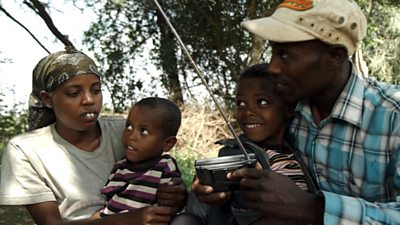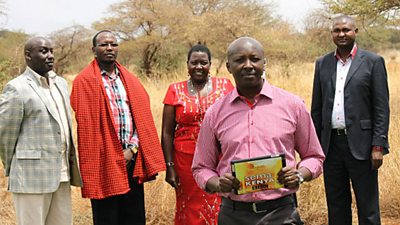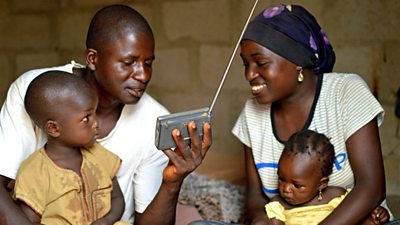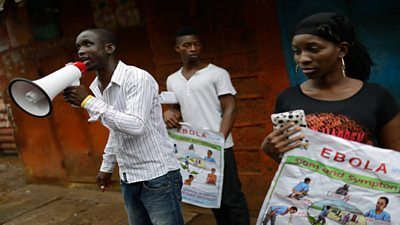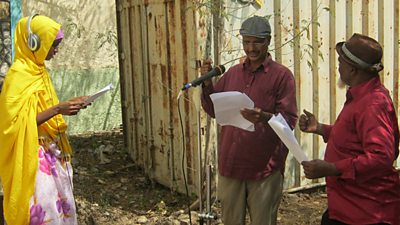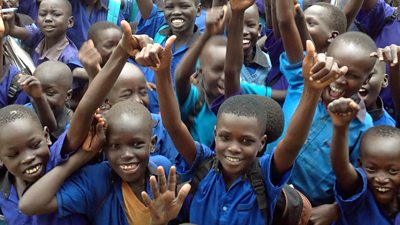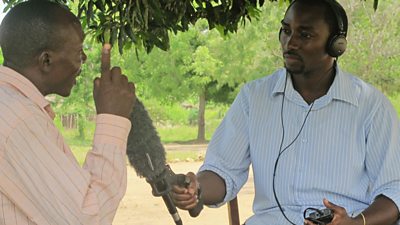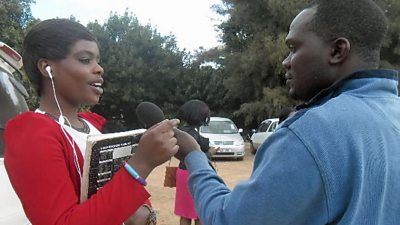The programme is opening my eyes. I am now able to walk into a hospital and collect free condoms
Tikambe! (Let’s Talk!) is a joint �鶹Լ�� Media Action and Restless Development project working with eight radio partner stations (QFM in Lusaka Province, Radio Mkushi and Power FM Radio in Central Province, YAR FM, SUN FM and Radio Chimwemwe on the Copperbelt Province and Radio Mano in Northern Province as well as the state broadcaster Zambia National Broadcasting Corporation ZNBC).
The project uses TV, print, online media and initiatives such as in-school lessons and various outreach activities to ensure that young people have access to accurate and youth friendly sexual and reproductive health and rights (SRHR) information.
All eight partner stations produce weekly radio magazine programmes that encourage open conversations about various SRHR topics that are typically considered taboo. The programmes help to empower young women and men to make informed decisions around matters of sexuality, decision making in relationships, negotiating for safe sex practices and access to sexual reproductive health services.
Research has shown that the Tikambe project has led to increased SRHR knowledge, that signposting has improved referrals to sexual and reproductive health services and that more young people are practising healthier behaviors such as going for HIV testing and using protection when having sex.
“It has boosted my confidence because I know I’m sexually active. I am able to talk about condom use with my boyfriend and even provide him with condoms that we can use during sex.”
Female listener, Kabwe
Radio production teams that produce the Tikambe shows receive training and mentoring from �鶹Լ�� Media Action. Team members have reported being more confident to work on the radio programmes because of training, mentoring and exchange visits to other radio stations.
“�鶹Լ�� Media Action has really helped me to develop as an individual in that I am able to work on my own and able to pass my skills to others.”
Lead Producer, Radio Mano
The project has listening groups of young people who provide feedback on programmes to the production teams. They can suggest topics, the type of language that is suitable and the guests they would like on the shows. The radio stations use this feedback to shape their programming to meet young people’s needs.
Other stakeholders, including parents, feed in through listening group meetings across the 5 districts (Mkushi, Kasama, Lusaka, Kitwe and Kabwe).
“It has given us more information on how best we can talk to young people without making them feel uncomfortable”
Stakeholders Listening group Member, Kitwe
The project provides opportunities for young people to engage with, and hold accountable, decision makers at community, provincial and national level. Young people use the opportunity to highlight challenges they face and follow up on commitments made at previous meetings.
Project information
| Project name | Tikambe |
| Funder | (Swedish International Development and Cooperation Agency) |
| Dates | 2014-ongoing |
| Themes | Health |
| Broadcast partners | Radio Mano, QFM, Radio Mkushi, Power FM Radio, YAR FM, SUN FM, Radio Chimwemwe and ZNBC. |
Our projects in Zambia
-
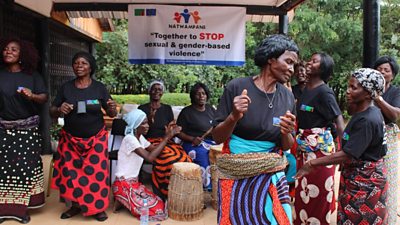
Communities coming together to tackle gender-based violence in northern Zambia
We’re supporting local radio stations in northern Zambia to produce shows that improve understanding of, and discussion around, gender equality – with the aim of shifting norms around sexual and gender-based violence. -
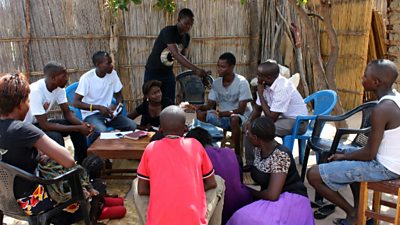
Strengthening community radio in Zambia
�鶹Լ�� Media Action aims to strengthen the professionalism and sustainability of community and independent radio stations in Zambia through expert training. -
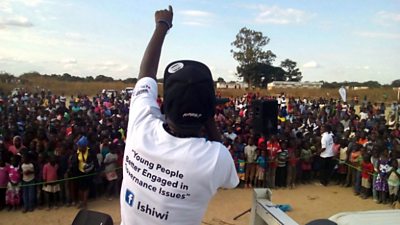
Ishiwi - giving young people a voice in Zambia
A youth-led initiative combining discussion and media to help address the priorities of young people and help them to participate in local and national decision-making processes in Zambia. -
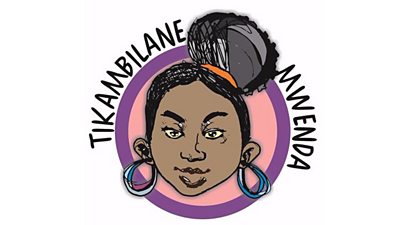
Let’s talk about sex: improving sexual health for young people in Zambia
How a youth-led TV and radio show is helping young people in Zambia talk about sex, STIs and how to prevent HIV and AIDS.
Our insight and impact
Use our research library-
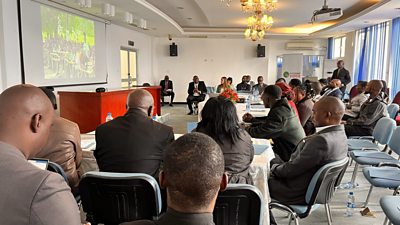
Responding to Zambia's drought
To respond to the drought, we had to explore what was missing from the conversation, prioritising research and content on climate. Read the research summary here. -
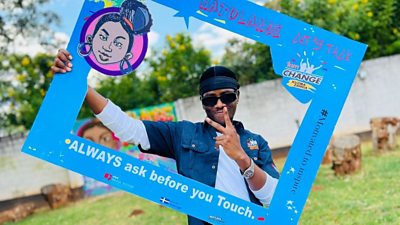
Supporting young Zambians to make sexual and reproductive health decisions
This briefing summarises evaluative research of phase three of the youth-focused Tikambe (Let’s Talk) project, which used media and interpersonal communication to reduce sexual and reproductive health (SRH) risks among young Zambians. -
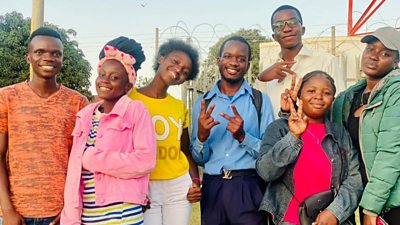
Media and outreach that supports young people with sexual and reproductive health decisions
In Zambia the combination of media and outreach work delivered through the Tikambe project, with Restless Development, has been effective at improving young people's knowledge, discussion and practices towards realising their sexual and reproductive health rights. -

How radio increases awareness of gender based violence in Zambia
We are supporting local stations in Zambia to produce weekly radio shows, covering gender equality themes. This research summary looks at findings from a midline study which found regular listeners reporting more progressive attitudes and less support for violence. -

Research summary: Understanding norms that underpin sexual and gender based violence in northern Zambia
How �鶹Լ�� Media Action is supporting local radio stations in northern Zambia to produce gender-sensitive programming. -
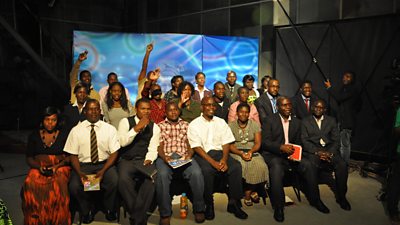
Case study: Radio Waves and Zambia Speaks! How support to local radio stations can empower social change
Read about our support to 15 local radio stations across Zambia and how they are covering local governance issues and improving government service delivering including education, sanitation and access to water - through radio programming. -
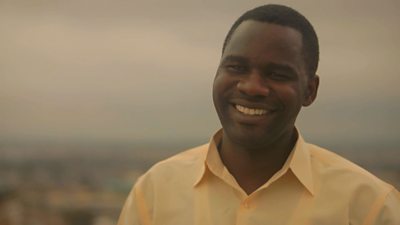
My Media Action films: Boyd Chibale, Zambia
Elections in Zambia in September 2011 signalled a need for dialogue and openness. Boyd Chibale explains why he works for �鶹Լ�� Media Action in Zambia.
